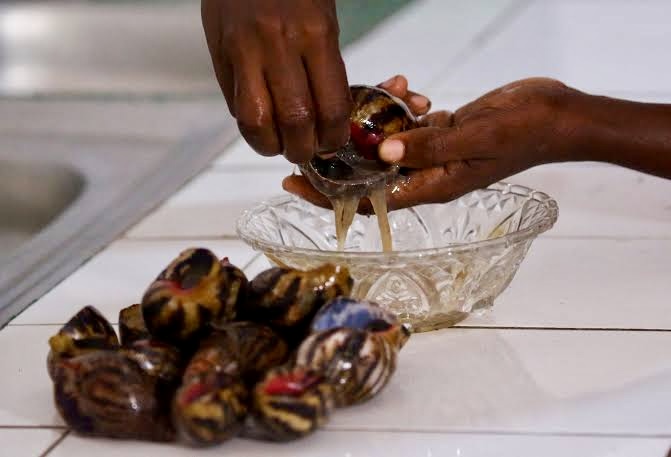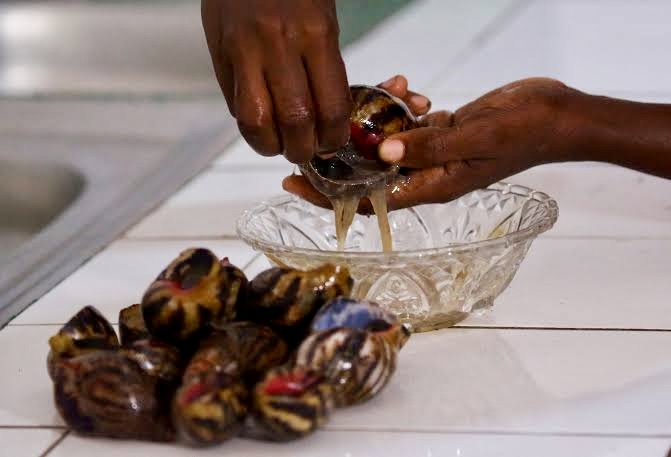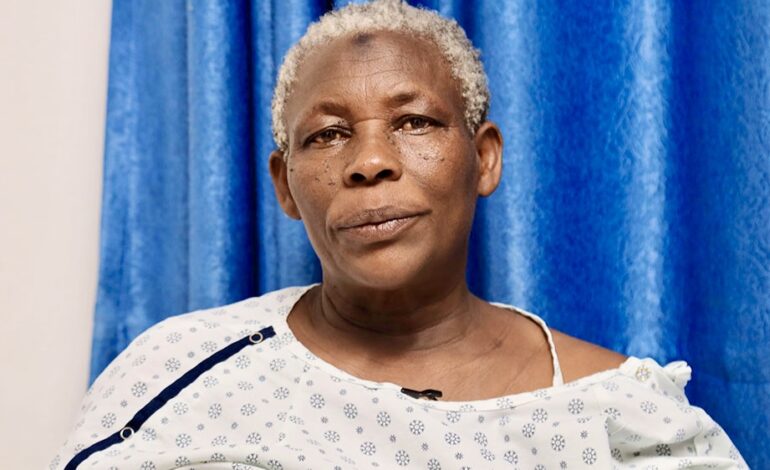
Faith Nyasuguta
Weighing up to 500 grams and reaching a length of ten centimeters, giant snails, highly valued in the Ivory Coast, are sadly diminishing due to deforestation and pesticide use in the rainforest.
To conserve the species and generate income, locals are now breeding them on thriving farms.
“Snail farming is cost-effective, requiring no veterinary products. It’s one of the few types of farming without additional expenses. So, it’s economical, easy, natural, and organic,” explained Bernus Bleu, founder and director of Côte d’Ivoire expertise escargots (CIEE).
The simplicity, productivity, and profitability of snail farming have led thousands of Ivorians to embrace the trade after proper training. Progress has been remarkable, with production increasing from 25 to 250 tonnes of snails per month in five years, according to the government.
Today, there are about 1,500 snail farms in the humid south of Côte d’Ivoire.
“We train the farmers, set them up, and then buy back. Our outlets include snail shells for livestock feed. The third outlet is snail slime, used to make cosmetic products. We have exclusive rights to make soap from snail slime,” added the CIEE director.
At the Côte d’Ivoire expertise escargots headquarters in Azaguié, 40 km north of the capital, four women produce soap and shower gel from snail mucin, combined with coconut oil, green coloring, and perfume. On average, 5,000 soaps and 5,000 bottles of gel are produced weekly in the small workshop.

“Snail mucin hydrates the skin, moisturizes, improves the complexion, and slows down skin aging,” said Nelly Blon, workshop manager.
Beyond its cosmetic benefits, snails are a delicacy, commonly found in many Ivorian dishes.
“People like it because it’s sweet… If well-prepared, it’s very tasty,” noted “La Jumelle,” a snail vendor.
Nearly 90% of Côte d’Ivoire’s forests have disappeared in 60 years, primarily due to agricultural exploitation, especially cocoa production, where the country is the world’s leading producer. This ongoing deforestation, pesticide use, and climate challenges are detrimental to both people and fauna.
RELATED:




